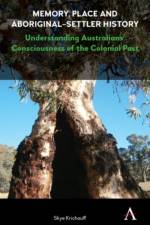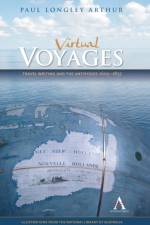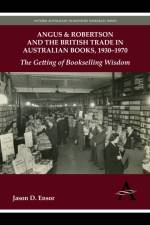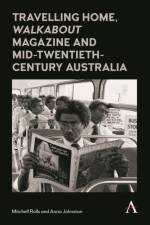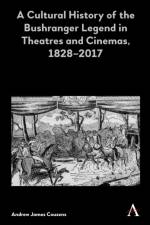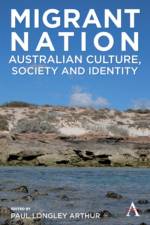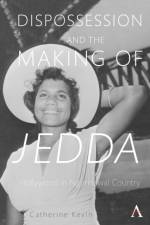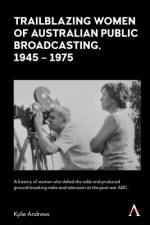- Understanding Australians' Consciousness of the Colonial Past
av Skye Krichauff
1 209
The written histories, built memorials and spoken narratives of settler descendants often reveal an absence of Aboriginal people in Australian settlers' historical consciousness and a lack of empathy for those whose lands were taken over. This absence reflects an intellectual and emotional disconnect from Aboriginal people's experiences and from recent national debates about reconciling contested pasts. The aim of 'Memory, Place and SettlerΓÇÆAboriginal History' is to understand the evolution and endurance of this disconnect. Drawing on archival research, interviews and fieldwork, Skye Krichauff fuses the methodologies and theories of historical enquiry, anthropology and memory studies to investigate the multifaceted processes through which current generations of rural settler descendants come to know the colonial era. Primarily focussing on analysing and comparing the historical consciousness of a specific group of settler descendants - namely those who have grown up on land in the mid-north of South Australia that was occupied by their forebears in the nineteenth century - this book is additionally informed by interviews and fieldwork conducted with Aboriginal descendants. In addition, as a fifth-generation settler descendant herself, Krichauff utilises her insider status to provide personal insights and reflections with her analysis.Within spoken narratives and during site visits, settler descendants demonstrate that their consciousness of the colonial past has been formed by growing up in places surrounded by people and objects that provide continuous reminders and physical evidence of the lives of previous generations. This book argues that the primary and most powerful way through which this group knows the colonial past is through lived experience. A recognition that (and how) previous generations' experiences transfer through the generations is crucial to any investigation into the past known and understood through lived experience. As such, this monograph investigates and contextualises the timing, speed and intensity with which rural districts were occupied, Aboriginal people were dispossessed, and the extent and nature of previous generations' relations with Aboriginal people.Included in this monograph is an analysis of public histories (local written histories and plaques, monuments and information boards) which demonstrates a settler-colonial historical epistemology that frames the way mid-northern settler descendants make sense of the past. Memories of personal lived experiences are remembered, understood and articulated - are composed and constructed - using the public language and the meanings available in the wider culture in which individuals live. Krichauff provides concrete examples which demonstrate how, amongst many settler descendants, the memories, family stories and lived experiences of Aboriginal presence and positive settlerΓÇÆAboriginal interaction (stories which fall outside the dominant epistemology) are ignored or neglected. While knowledge about the past learned through external sources (books, films, documentaries) can, to varying degrees, shape and inform settler descendants' consiousness of the colonial era, Krichauff argues that it is the degree of connection with experience that is crucial to understanding the extent to which external knowledge is absorbed and remembered. By connecting Aboriginal people (past and present) with people and places known through everyday life, settler descendants are more likely to intellectually and emotionally connect their own histories with those of the victims of colonialism. This book concludes by demonstrating how it is possible to unsettle settler descendants' consciousness of the colonial past in ways that enable a tentative connection with Aboriginal people and their experiences.

